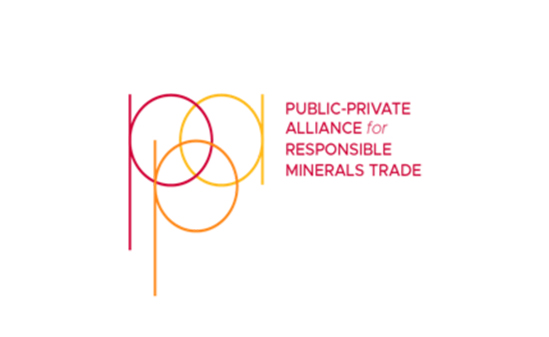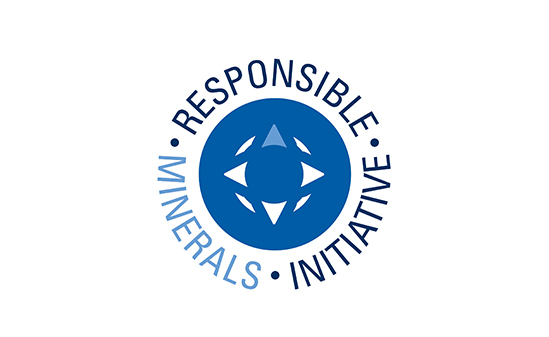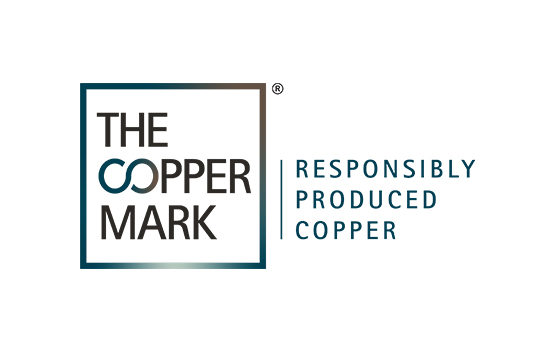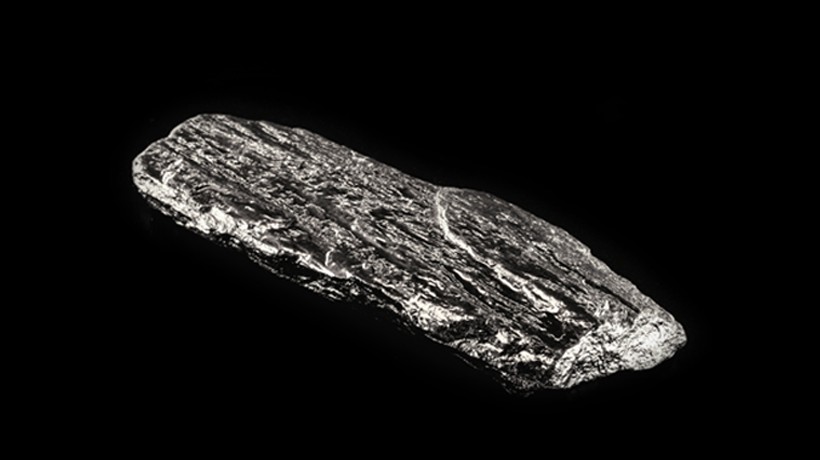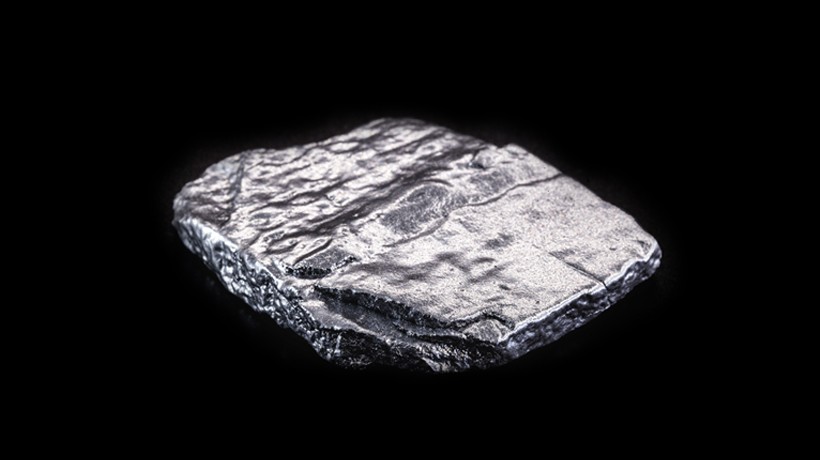
Responsible Material Sourcing
Ford aspires to source only raw materials that are responsibly produced
What's Inside Matters
With around 1,400 Tier 1 production suppliers providing vehicle parts comprised of over 1,000 different materials, we recognize the complexity of our supply chain; however, we remain committed to using materials that are sourced responsibly and are safe to use in our vehicles.
Established in 2021, Ford’s Supplier Code of Conduct applies clear requirements and expectations for all Ford suppliers in such areas as human rights, the environment, responsible material sourcing, and responsible business practice.
In 2022 for the first time in our history, and in the U.S. auto industry, Ford developed a stand-alone Human Rights Report (a supplement to our 2021 Integrated Report) to present the company’s commitment and approach to human rights, the salient issues, and how they are managed.
Ford’s Responsible Material Sourcing Milestones
Additional Materials
Conflict Minerals
Due diligence on the source of tin, tantalum, tungsten and gold in our products.
US Compliance & Legislation
Since 2013, Ford has been required to comply with US SEC Dodd Frank Section 1502 Conflict Minerals Legislation:
The US Conflict Mineral Legislation is a congressional mandate designed to further the humanitarian goal of ending violent conflict in Democratic Republic of Congo (DRC) and adjoining countries, it addresses four “conflict minerals” – Tantalum, Tin, Tungsten and Gold (3TG) and requires certain disclosures to the SEC if products contain conflict minerals that originate from the DRC or adjoining countries. Ford is required to conduct due diligence on the origin of the 3TG mineral in our products and report our results annually to the SEC.
EU Compliance & Legislation- Effective 2021
Regulation (EU) 2017/821 requires mandatory due diligence reporting of Tin , Tantalum, Tungsten, & Gold possibly originating from Conflict Affected High Risk Areas (CAHRAs). The EU regulation applies to EU importers of 3TG. In 2020, Ford will voluntarily submit a conflict mineral due diligence report once the EU online portal opens to accept submissions.
Beyond Conflict Mineral Compliance
As detailed in our Conflict Mineral Report to the SEC, Ford actively participates in the Public Private Alliance for Responsible Mineral Trade, AIAG Smelter Engagement Team and Various RMI Working Groups to improve due diligence systems related to the responsible sourcing of 3TG throughout the mineral supply chain.

AIAG Conflict Minerals
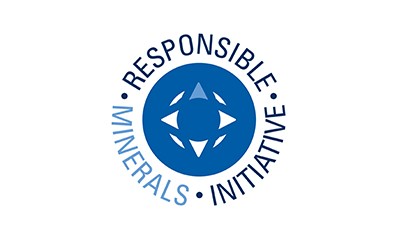
Responsible Minerals Initiative

Public-Private Alliance for Responsible Minerals Trade

Mineral grievance mechanism for tin, tantalum, tungsten, and gold supply chains
Ford welcomes those that have identified a credible risk within the tin, tantalum, tungsten, gold, cobalt, mica, copper, aluminum, alumina, bauxite, graphite, iron ore, lead, lithium, molybdenum, nickel, palladium, platinum, rare earth elements, silver, steel, and zinc mineral supply chains to submit a grievance through the Minerals Grievance Platform (MGP).* The MGP is an industry-wide grievance platform, in collaboration with the Responsible Minerals Initiative (RMI), Responsible Jewellery Council (RJC), and London Bullion Market Association (LBMA). The platform is intended to screen and address grievances linked to smelters and refiners present in global supply chains.
*This process is not affiliated with or managed by Ford
